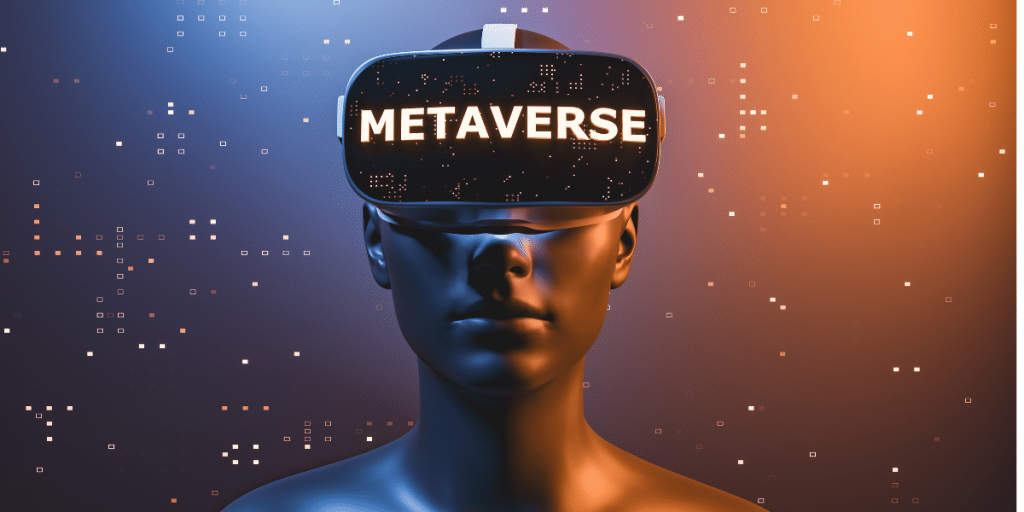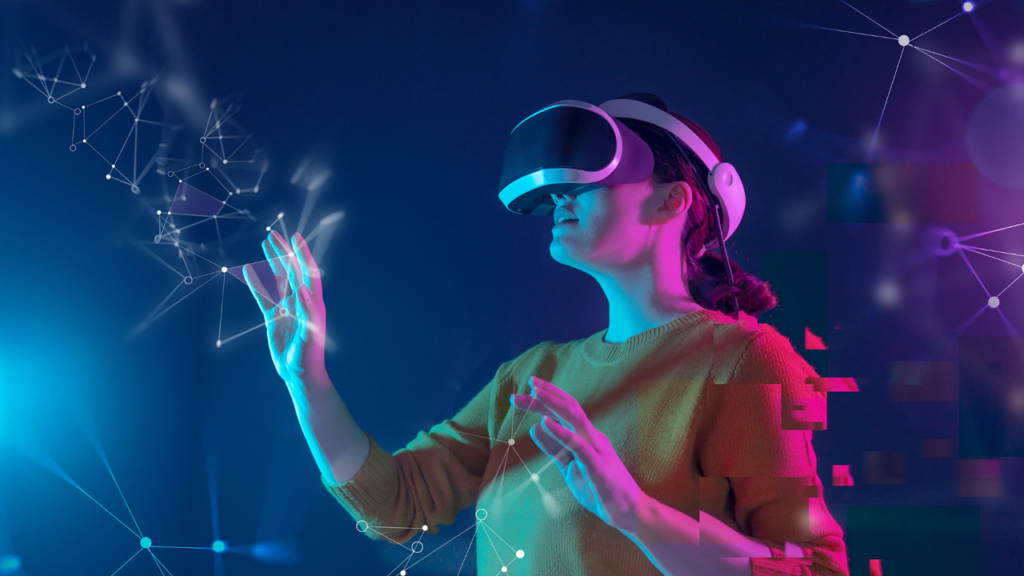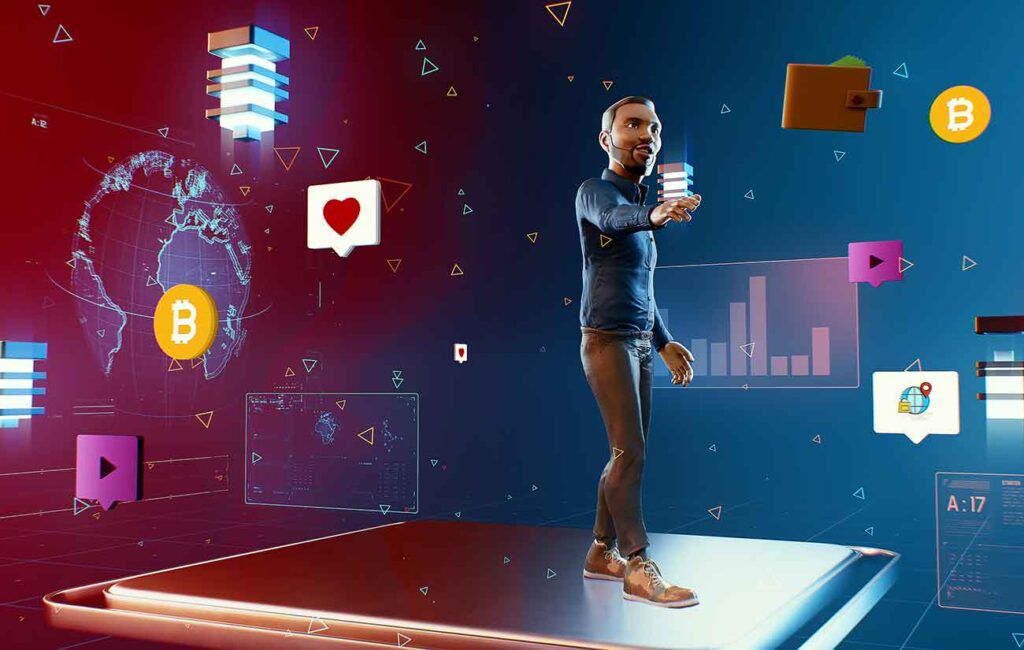Embrace the Metaverse Revolution for Limitless Opportunities and Transformative Experiences!

The metaverse is a dynamic fusion of physical and virtual realms accessed through computing devices and empowered by immersive technologies like virtual reality (VR), augmented reality (AR), and mixed reality. In essence, it represents a three-dimensional digital space where individuals, represented by digital avatars, navigate through various experiences while retaining their identities and assets.
This concept isn’t entirely new, with roots stretching back before the internet age, but recent technological advancements have made it more tangible. The metaverse gained significant attention with Facebook’s rebranding to Meta in 2021 and its substantial investment in virtual experiences, sparking widespread discussion about the metaverse as the next evolution of digital interaction.

However, the initial hype surrounding the metaverse gave way to a more nuanced understanding as challenges emerged. Financial setbacks, such as Meta’s operational losses, and shifts in consumer preferences contributed to a reevaluation of the metaverse’s trajectory. Despite setbacks, interest in metaverse-enabling technologies persists, driven by advancements in AI, virtual reality, and augmented reality.
Businesses, in particular, are recognizing the potential of the metaverse. From industrial applications like digital twinning for design and monitoring to immersive training experiences and virtual commerce, companies are exploring diverse opportunities within this digital landscape. Market projections indicate significant growth potential, with estimates suggesting a trillion-dollar market by 2030.
To navigate the evolving landscape of the metaverse, businesses and individuals need a nuanced understanding of its components, challenges, and potential impact. Technologies like VR and AR play pivotal roles, offering immersive experiences that redefine how we interact with digital content. Additionally, advancements in areas like artificial intelligence, blockchain, and spatial computing contribute to the metaverse’s development.

The metaverse’s integration with Web 3.0 principles, emphasizing decentralization, interoperability, and digital ownership, further shapes its evolution. While challenges like privacy concerns and cybersecurity risks loom large, proactive measures can mitigate these issues, ensuring a safe and secure digital environment.
Ultimately, the metaverse holds both promise and peril for users. On one hand, it offers unprecedented opportunities for exploration, social connection, and innovation. On the other hand, it raises concerns about addictive behavior, privacy infringement, and the amplification of negative online behavior.
As businesses and individuals embrace the metaverse, it’s essential to approach its development with foresight and responsibility, leveraging its potential while addressing its challenges. With careful planning and collaboration, the metaverse could usher in a new era of digital interaction, transforming how we live, work, and connect in the virtual realm.



